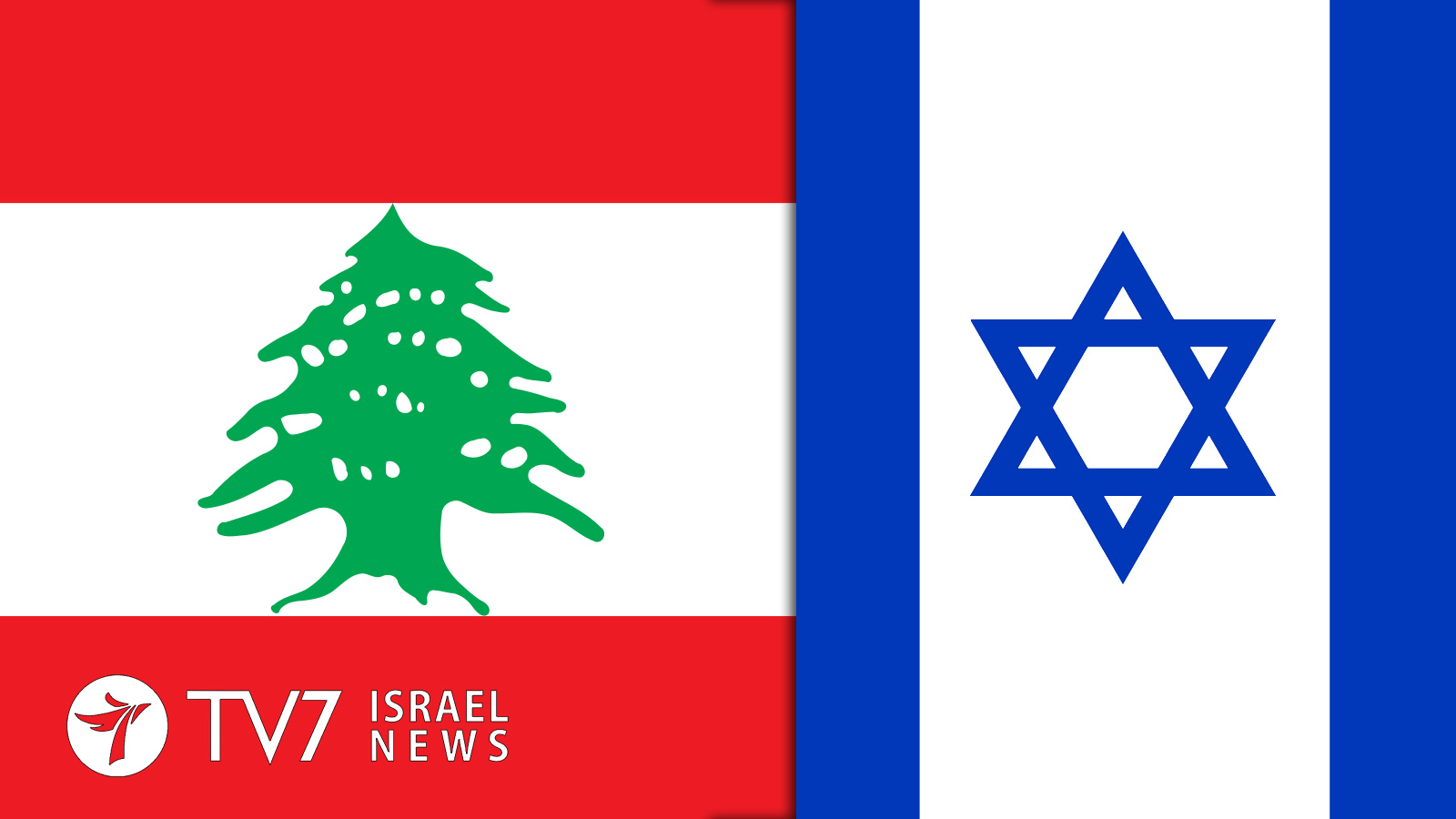Israel and Lebanon resumed negotiations on their dispute over borders in the Mediterranean Sea border, that has held up hydrocarbon exploration in the potentially gas-rich area.
Israeli Energy Minister Yuval Steinitz and Lebanon’s state news agency confirmed the talks, which are being hosted by the United Nations at a peacekeeper base in southern Lebanon.
The two countries, which are in a formal state of war, held three rounds of talks last month.
According to a statement sent to TV7 on behalf of “the Government of the United States and the Office of the UN Special Coordinator for Lebanon,” “representatives from the governments of Israel and Lebanon held productive talks mediated by the United States and hosted by the Office of the United Nations Special Coordinator for Lebanon (UNSCOL). We remain hopeful that these negotiations will lead to a long-awaited resolution.”
The statement further affirmed the negotiations will resume next in early December.
Sources have said that gaps between the sides remain wide, after each presented contrasting maps outlining proposed borders that actually increased their respective claims to the disputed area.
Israel already pumps gas from huge offshore fields but Lebanon, which has yet to find commercial gas reserves in its own waters. Beirut is desperate for cash, amid the worst economic crisis since its 1975-1990 civil war.
The meetings are the culmination of three years of diplomacy by the Trump Administration, and follow a series of normalization agreements with Israel with the three Arab nations Bahrain, Sudan and the United Arab Emirates. Lebanese officials say that its own talks with Israel have been strictly limited to their disputed boundary.
Meanwhile, the leader of Lebanon’s Hezbollah terror group said he was pleased about Trump’s “humiliating downfall” in the U.S. presidential elections.
In a televised speech from an unknown location, Sayyed Hassan Nasrallah accused Trump of having no restraint with an administration that was “among the worst, if not the worst” in US history, whose “arrogance and aggressiveness” had heightened the possibility of war.
The Iran-backed Hezbollah leader said he derived personal pleasure at the outcome of the U.S. elections also because Trump had ordered the killing of top Iranian general Qassem Soleimani.
He also issued a warning to Hezbollah and Iran’s allies, saying that, “With a person like Trump anything is possible during the remainder of his term … the axis of resistance should be in a state of high readiness to respond twice as hard in case of any American or Israeli folly.”
Even though he hailed Trump’s defeat and dismissed the U.S. elections as a travesty of democracy, the Hezbollah leader voice doubt that the next administration would alter Washington’s pro-Israel policy in the Middle East.
The Trump White House widened sanctions against Hezbollah and its Lebanese allies as part of a “maximum pressure campaign” against Iran that heightened regional tensions. Nasrallah also slammed last week’s imposition of punitive measures on Gebran Bassil, the son-in-law of Lebanon’s president, over charges of corruption and ties to Hezbollah.
In other related developments, the IDF Spokesperson’s Unit informed TV7 that troops downed a Hezbollah drone that entered Israeli airspace from Lebanon on Tuesday. The unmanned aerial vehicle had been surveilled by the Israeli army throughout the incident. The IDF also highlighted that there was no danger to nearby civilian communities or Israeli soldiers, and further underscored that the IDF Northern Command maintains an elevated state of readiness and will not tolerate any violation of Israeli sovereignty.
